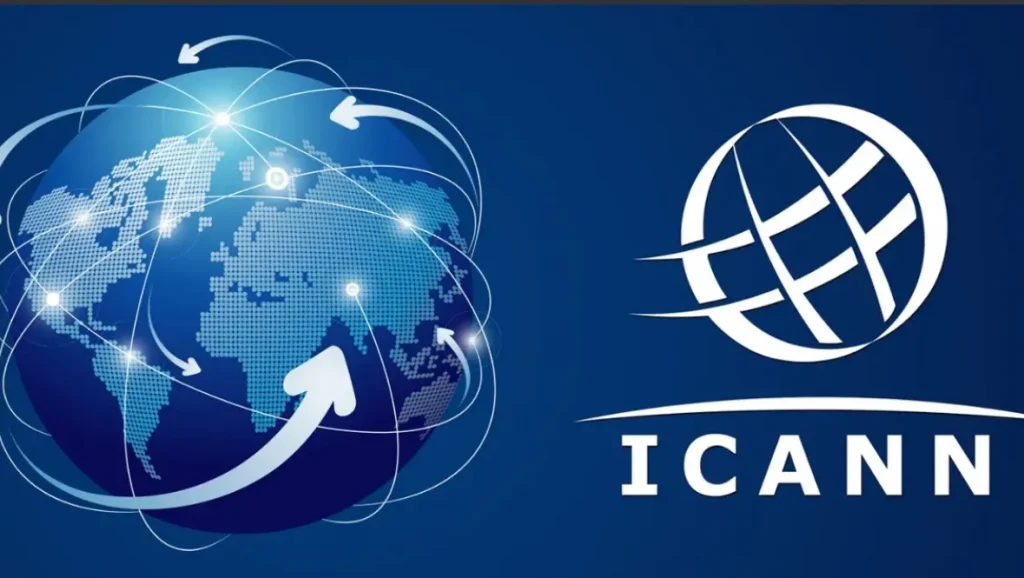- Cloud Innovation leads the charge to dissolve AFRINIC, citing the registry’s failed election standards and years of mismanagement.
- Critics argue ICANN is undermining African autonomy with attempts to control AFRINIC’s leadership and bypass multistakeholder processes.
AFRINIC’s governance crisis
AFRINIC (the African Network Information Centre) has faced a growing crisis. The registry’s failure to manage elections and the annulment of its election have sparked serious concerns. AFRINIC cancelled the election due to an “unverified proxy dispute,” which led to the discarding of valid votes. Critics say the election standards were “unworkable,” and they question AFRINIC’s ability to manage Africa’s IP resources.
Cloud Innovation Ltd., AFRINIC’s third-largest member, has taken the lead in calling for the registry’s dissolution. The company argues that AFRINIC’s continued failure undermines Africa’s digital infrastructure. Cloud Innovation sees this as a “necessary reset” for Africa’s internet governance. The company believes the region’s IP resources need proper management to secure Africa’s future in the digital world.
Also read: AFRINIC election results face legitimacy challenge over governance breaches
Also read: AFRINIC election: Voter fraud uncovered as ECom member threatens to resign
ICANN’s controversial role
Meanwhile, ICANN (the Internet Corporation for Assigned Names and Numbers) has also drawn attention for its involvement. Critics argue that ICANN has tried to seize control of AFRINIC’s leadership. This intervention threatens Africa’s traditional “bottom-up” governance model, which allows the region to maintain authority over its digital resources.
ICANN’s recent push for the ICP-2 compliance document has raised concerns. By bypassing multistakeholder processes, ICANN has granted itself the power to “de-recognize” regional internet registries. This move undermines local decision-making. Some African stakeholders see ICANN’s actions as a “quiet power grab,” fearing that it will weaken regional autonomy.
AFRINIC’s ongoing crisis has created a complex situation where external forces like ICANN are influencing the future of Africa’s internet resources. If AFRINIC cannot recover, many argue that the region needs a new approach.

